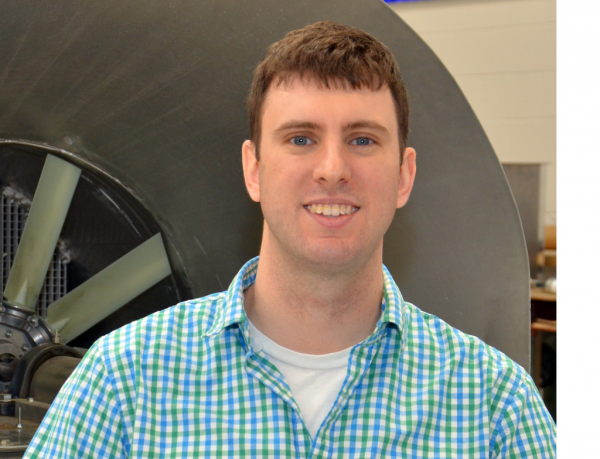About Dr. Vermillion
Chris Vermillion
Associate Professor
Mechanical and Aerospace Engineering
Email: cvermil@ncsu.edu
Office: Engineering Building III, Room 3292
Phone: 919-515-5244
I am an Associate Professor in the Mechanical and Aerospace Engineering Department at NC State University. I completed my B.S.E. in aerospace and mechanical engineering (dual degree) and M.S. and Ph.D. in Electrical Engineering, all at the University of Michigan. Following my doctoral work, I worked as a post-doctoral researcher and senior engineer at the Toyota Technical Center in Ann Arbor, Michigan, conducting research related to the application of constrained optimal control approaches to the management of several competing objectives in advanced automotive powertrains. Following my time at Toyota, I served as a lead engineer for an MIT-based startup, Altaeros Energies, which is pioneering the design of a tethered wind energy system that uses a lighter-than-air shell to elevate a horizontal axis turbine to altitudes far in excess of towered turbines’ hub heights. I remain actively involved with Altaeros as a technical advisor to the team and devote a large fraction of my research efforts toward the dynamic characterization and control design of tethered wind energy systems. Prior to joining NC State, I served as an Assistant Professor at UNC-Charlotte, which is where the Control and Optimization for Renewables and Energy Efficiency (CORE) Lab was first established.
I am presently engaged in several key areas of research, all of which involve the application of optimization and control to important practical problems:
- Optimal control of tethered wind and marine hydrokinetic energy systems in spatiotemporally varying environments;
- Economic optimal repetitive and iterative learning control;
- Experimentally “infused” active system design (co-design);
- Dynamic modeling and control system design for tethered marine hydrokinetic energy systems;
- Hierarchical model predictive control, with application to fuel-efficient heavy-duty vehicles.


